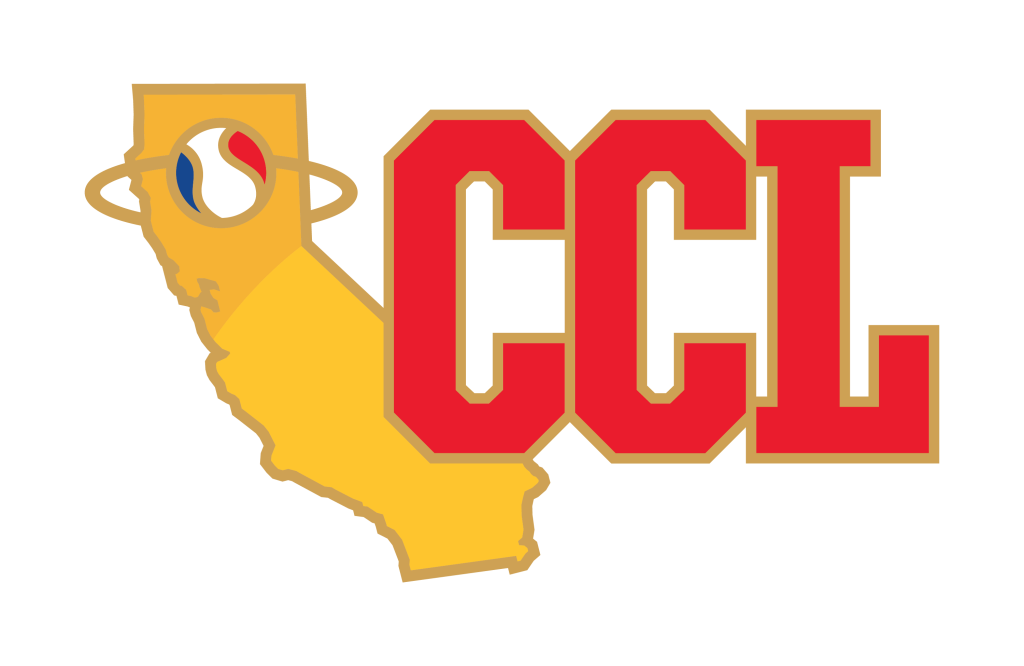One of the most critical yet often underappreciated systems is the collegiate league, which serves as a crucial stepping stone for athletes aspiring to represent their countries. In the world of sports, national teams are often built on a foundation of well-developed youth programs and feeder systems that help identify and nurture talent. For countries across the globe, collegiate leagues play a pivotal role in national team development. This article will delve into how collegiate leagues contribute to the development of national teams, focusing on the importance of structured competition, talent identification, and athlete growth.
Table of Contents
Understanding the Role of Collegiate Leagues
Collegiate Leagues: A Foundation for Developing Future Athletes
Collegiate leagues are often where athletes transition from youth sports into more serious, competitive environments. These leagues offer a platform for athletes to hone their skills, gain exposure, and compete at a higher level before making the jump to professional or national team play.
In many countries, collegiate leagues are a key part of the sports ecosystem. These leagues provide young athletes the opportunity to refine their skills, gain valuable experience, and demonstrate their abilities in front of scouts and coaches who can help them take the next step in their careers. For national teams, these leagues become the breeding grounds for future stars.
A Bridge Between Youth and Professional Sports
In many ways, collegiate sports serve as the middle ground between amateur sports and professional leagues. Athletes in collegiate leagues have the opportunity to compete in a structured, high-stakes environment, similar to the professional level, but with the added benefit of receiving education and development opportunities alongside their athletic careers.
As athletes play in collegiate leagues, they develop their physical, technical, and mental abilities under the guidance of expert coaches. These leagues help athletes gain an understanding of how to balance the demands of sports and academics, preparing them for the pressures they will face in national team competitions or professional environments.

How Collegiate Leagues Contribute to National Team Development
1. Talent Identification and Scouting
Collegiate leagues are a key resource for national teams when it comes to talent identification. National team coaches and scouts closely follow collegiate games to find emerging athletes who have the potential to compete at the highest levels. The rigorous competition in these leagues helps to identify the most promising athletes, allowing national teams to build a pool of talent from which they can select their players.
- Scouting Opportunities: National teams rely on collegiate leagues as a primary source of talent scouting. Coaches can observe athletes in real-world game situations, assessing their skills, decision-making, and ability to perform under pressure.
- Exposure: Athletes playing in collegiate leagues gain exposure to national team coaches, sports agents, and talent scouts, increasing their chances of being selected for national team camps or tournaments.

2. Skill Development and Competition
At the collegiate level, athletes face more intense competition than they typically would in high school or amateur leagues. This level of competition pushes athletes to refine their skills, develop new techniques, and compete at a higher level of performance.
- Higher Skill Level: Collegiate leagues often attract the best talent from across the country, meaning athletes are pushed to continuously improve their performance in order to succeed. This provides a perfect environment for national team coaches to observe how athletes cope with competitive pressure.
- Physical Conditioning: Training at the collegiate level helps athletes improve their physical fitness, strength, and endurance, which are essential traits for players at the national team level.
3. Mental Toughness and Psychological Growth
National team athletes need more than just physical skills; they must also have mental toughness and resilience. Collegiate leagues provide athletes with the opportunity to compete in high-pressure situations, helping them to develop these critical mental attributes.
- Handling Pressure: The collegiate sports environment can be intense, with athletes facing both personal and team pressure to perform. This helps athletes build the mental fortitude needed to compete at national or international levels.
- Focus and Discipline: Competing at a collegiate level teaches athletes the importance of focus, discipline, and time management—skills that are crucial when playing on a national team.
4. Building Teamwork and Leadership Skills
National teams often depend on players who not only excel individually but can also work cohesively within a team. Collegiate leagues provide athletes with valuable opportunities to develop their teamwork and leadership skills.
- Team Chemistry: In college sports, athletes must learn to work within a team dynamic, developing communication skills and trust with teammates. This is essential for transitioning into a national team, where effective communication and teamwork can make or break performance.
- Leadership Roles: Many collegiate athletes have the opportunity to take on leadership roles, whether as captains or key players. This leadership experience is invaluable when they move on to the national stage, where they may be called upon to lead their team during crucial moments.
5. Exposure to National Team Coaches and Development Programs
Collegiate leagues are not just about competition—they are also a pathway to national team development programs. National team coaches often track the performance of collegiate athletes and incorporate them into training camps or development programs.
- National Team Camps: Some collegiate athletes are invited to join national team training camps where they can further hone their skills, receive specialized training, and prepare for international competitions.
- International Experience: Collegiate athletes who perform well may be selected to represent their national teams in international competitions, allowing them to gain valuable experience on the global stage.

The Benefits of Collegiate Leagues for National Teams
1. Depth and Variety of Talent
By scouting talent from collegiate leagues, national teams gain access to a wide pool of diverse players. This allows national teams to build a more robust and competitive roster, with athletes who bring different strengths to the table. Collegiate leagues provide a range of playing styles, giving national teams the flexibility to choose players that suit their tactical needs.
2. A Sustainable Development Path
Collegiate leagues offer a sustainable and structured pathway for athletes to develop over time. Unlike systems where athletes are thrust into professional leagues too early, collegiate leagues provide a stable environment for continuous growth and improvement.
3. Building a Winning Culture
The success of collegiate teams and athletes helps instill a winning culture that can carry over to the national level. The competitive environment, combined with exposure to national team programs, fosters an attitude of excellence that players bring to the national team.
Amazing Basketball Documentaries That Shaped Public Perception in PH
A Crucial Component of National Team Success
The role of collegiate leagues in the development of national teams is indispensable. These leagues provide athletes with the opportunity to grow, compete, and refine their skills in an organized and competitive environment. They also serve as critical scouting grounds for talent, ensuring that national teams have access to the best athletes as they prepare for international success.
As national teams look ahead to the future, especially as they target major international tournaments like the World Cup, the foundation built by collegiate leagues will play an integral role in the team’s success. For aspiring athletes, collegiate sports offer a unique and rewarding opportunity to advance to the highest levels of competition, culminating in the chance to represent their country on the world stage.
Share us your thoughts!
Are you an aspiring athlete or a passionate sports fan? Stay updated on the latest developments in collegiate sports and national team programs. Follow the journey of young athletes as they rise through the ranks, and support the growth of collegiate leagues as they become key components in shaping the future of sports in your country.
Frequently Asked Questions (FAQs)
1. How do collegiate leagues contribute to national team success?
Collegiate leagues provide a platform for athletes to develop their skills, gain exposure, and compete at a high level, making them a crucial feeder system for national teams.
2. Are national team coaches involved in collegiate leagues?
Yes, national team coaches often scout athletes in collegiate leagues and invite standout players to training camps or development programs.
3. Can collegiate athletes go straight to the national team?
Some collegiate athletes may be selected directly for the national team, especially if they demonstrate exceptional performance in college competitions.
4. How does collegiate sports help build teamwork skills?
In collegiate sports, athletes learn how to collaborate, communicate, and build chemistry with teammates, which is essential for success on the national team.
5. What is the long-term benefit of collegiate leagues for athletes?
Collegiate leagues offer athletes the opportunity for sustained development, exposure to professional coaching, and the chance to compete at the national and international levels.

